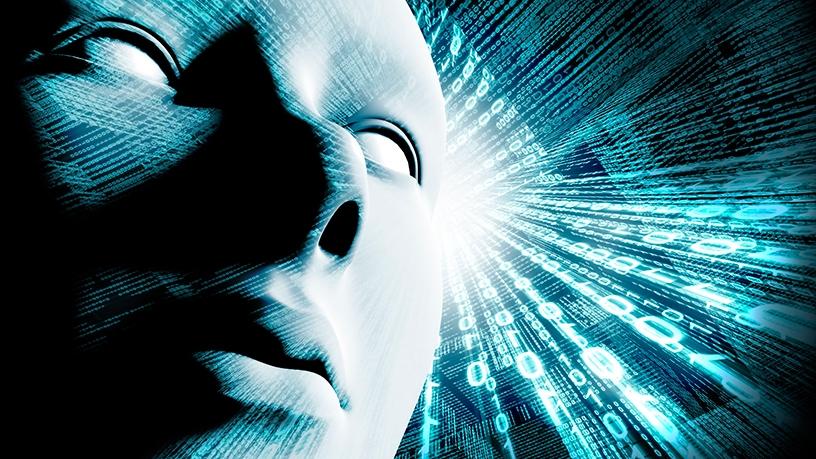
Online experiences have changed (understatement) and grown exponentially in the past few years.
A technology responsible for reshaping how people communicate in an always-accessible marketplace is the computer program designed to simulate conversation with human users, especially over the Internet: the chatbot.
It's a bot that's been warmly embraced by both the baby boomer and millennial generations, who are, for instance, looking for answers immediately, without having to go on a treasure hunt criss-crossing a business' Web site. It is just too laborious.
A recently released collaborative report between Drift, SurveyMonkey Audience, Salesforce, and myclever, titled: 'The 2018 State of Chatbots Report', provides a better understanding of the rise of chatbots; problems with traditional online experiences; predicted uses and potential benefits for chatbots; blockers to using chatbots; and chatbots versus other communication channels.
In his blog post regarding the report, Erik Devaney, says: "The most common predicted uses for chatbots that consumers reported included getting quick answers to questions in an emergency (37%), resolving a complaint or problem (35%), and getting detailed answers or explanations (35%). It's also worth noting that 34% of consumers predicted that they'd use chatbots as a means for getting connected with a human."
Devaney also notes: "There's alignment between consumers' frustrations and their predicted use cases for chatbots. Consumers want to be able to use chatbots to surface information and get answers quickly and easily. And if a chatbot doesn't have all the answers, consumers would like that chatbot to be able to connect them with a human."
The word "human" in the world of bots is becoming emotively charged - although it needs not be. Contributing to the "bots will make humans obsolete" movement is popular media. Yet, interpreting data from the report, Devaney explains that it is clear that consumers see chatbots as being able to provide that real-time, on-demand experience that they've been craving.
However, that doesn't mean chatbots are poised to replace humans. Because when it comes to getting expert answers, answers to detailed questions, and overall friendliness/ approachability, chatbots ranked much lower. Those are areas where humans will continue to shine."
Chatbots, on the other hand, are set to surpass humans at 24-hour service, instant responses, and answers to simple questions. Together, humans and chatbots will help a brand outshine another who has either one or none.
Share